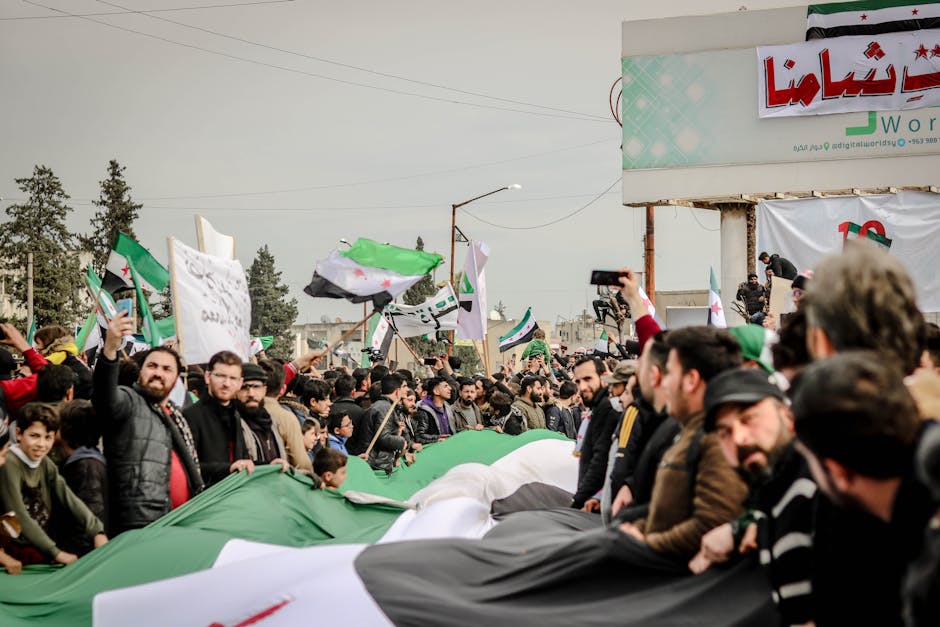Political discourse, the arena where societal debates unfold and policies are shaped, is often perceived as a vibrant marketplace of ideas. However, a closer examination reveals a significant disparity in the voices that dominate this space. Certain perspectives are consistently muted, their contributions either ignored or relegated to the periphery. Identifying and understanding these marginalized voices is crucial to fostering a more inclusive and representative political landscape.
A multitude of groups frequently find themselves on the margins of political dialogue. Age, for example, presents a stark contrast. Young voices, often brimming with fresh ideas and perspectives on issues like climate change and economic inequality, can be overshadowed by the established voices of older generations. Similarly, youth concerns are frequently presented as transient or less consequential than the worries of those with greater political experience, despite potentially being far more acutely affected by long-term societal trends.
Beyond generational divides, other demographics face significant hurdles in accessing and asserting their place in the political conversation. This encompasses a broad spectrum, ranging from the economically disadvantaged to the racially and ethnically marginalized. Individuals whose experiences deviate from the dominant narratives often encounter formidable barriers, including socio-economic limitations, systemic biases within the political system, and even cultural prejudices that marginalize their voices.
Geographical location plays a critical role in shaping access to political discourse. Rural communities, for instance, can be overlooked, with their needs often ignored or dismissed as less significant compared to the concerns of urban populations. The political needs and interests of these often-isolated groups frequently get lost in the broader discussion. Likewise, individuals living in developing nations or underrepresented regions might struggle to have their voices heard on the global political stage.
Furthermore, marginalized voices can also be found within traditionally underrepresented social categories, including women, LGBTQ+ individuals, and people with disabilities. Their perspectives frequently remain unaddressed or are treated as secondary to the dominant narratives. Frequently, existing structures, whether legislative or social, might not adequately accommodate their needs and experiences, resulting in the silencing of their viewpoints.
Consider the case of women, who, despite significant strides in equality, still encounter obstacles in achieving full representation in political leadership. Gendered biases continue to play a role in shaping perceptions of political leadership, marginalizing female perspectives and hindering their ability to influence policy decisions.
Similarly, LGBTQ+ voices are often absent from political discussions, even though their experiences are increasingly relevant in areas such as human rights, family law, and healthcare. These individuals often confront considerable challenges in publicly expressing their views due to stigma and the fear of social repercussions.
Beyond these major demographic classifications, there are countless other factors that might silence particular groups. Individuals from minority religious groups, members of specific cultural communities, and those who have experienced historical oppression may find their voices suppressed or ignored.
An analysis of how these marginalized voices are excluded often reveals a complex web of factors. A lack of representation in political institutions is a significant impediment. Limited access to media platforms, the prevalence of entrenched biases in the political discourse, and the lack of language that resonates with marginalized communities further reinforce these silencing effects.
Moreover, the very structures of political discourse can contribute to the marginalization of perspectives. For instance, debates are frequently framed within specific political narratives, which may fail to encompass the diversity of lived experiences. The language used in political discourse can also be exclusionary, employing terms and concepts that are unfamiliar or alienating to certain groups. Consequently, these communities might feel like outsiders in the political sphere, leading them to remain silent.
In addressing this issue, we must commit to a more inclusive and equitable political discourse. This requires a conscious effort to amplify marginalized voices and create spaces where diverse perspectives are not just heard but valued. Promoting representation in political institutions through quotas or targeted outreach strategies is essential. Furthermore, the media plays a pivotal role in fostering inclusive dialogue. Increased media coverage of marginalized groups and their issues is needed to ensure a more balanced presentation of political viewpoints.
Equally important is recognizing and addressing the biases embedded in existing political structures. Promoting education and awareness to foster empathy and understanding among policymakers and the broader public is vital. Encouraging political participation among marginalized communities through accessible information and resources can help amplify their voices and promote inclusion in political discussions.
Finally, actively seeking out and centering marginalized perspectives in policymaking will be crucial. Creating spaces where these groups can directly share their insights with decision-makers, and employing inclusive language, will be essential.
Ultimately, recognizing and amplifying the voices of the marginalized is a necessary step towards creating a more just and representative political landscape. By fostering a climate of inclusion and understanding, we can ensure that the full spectrum of human experience is reflected in the political dialogue, leading to more effective and equitable policies that benefit all members of society.
